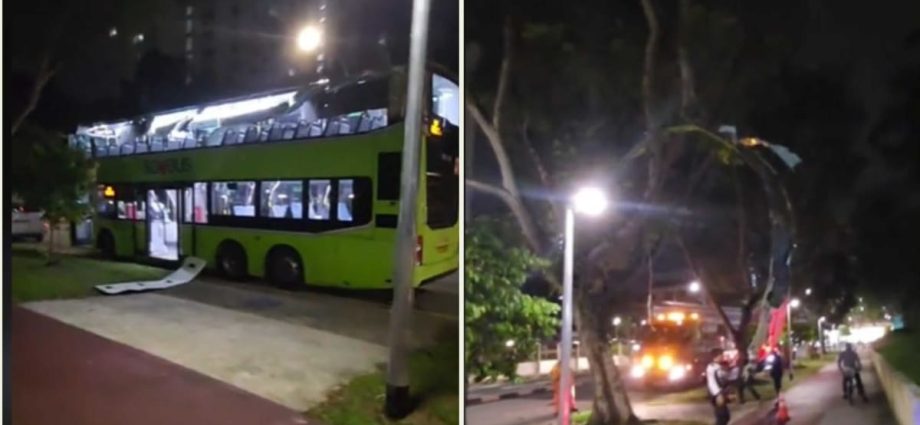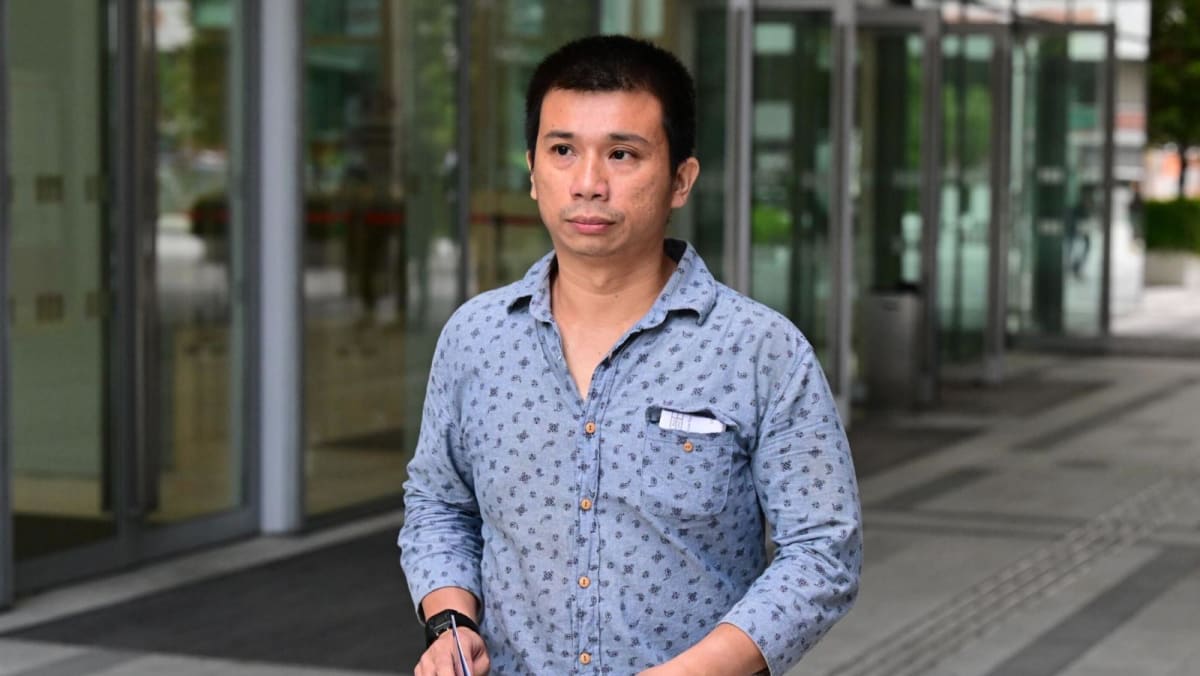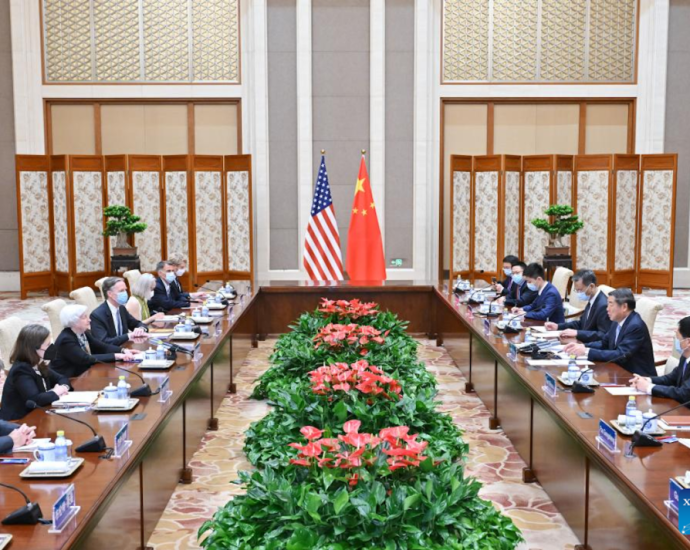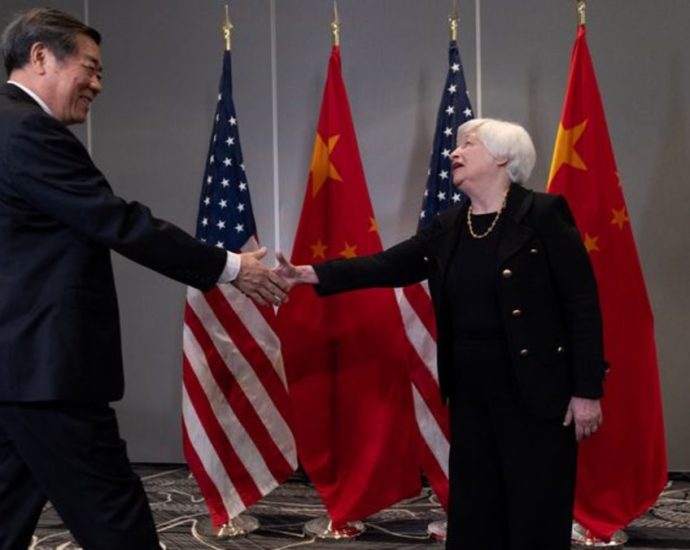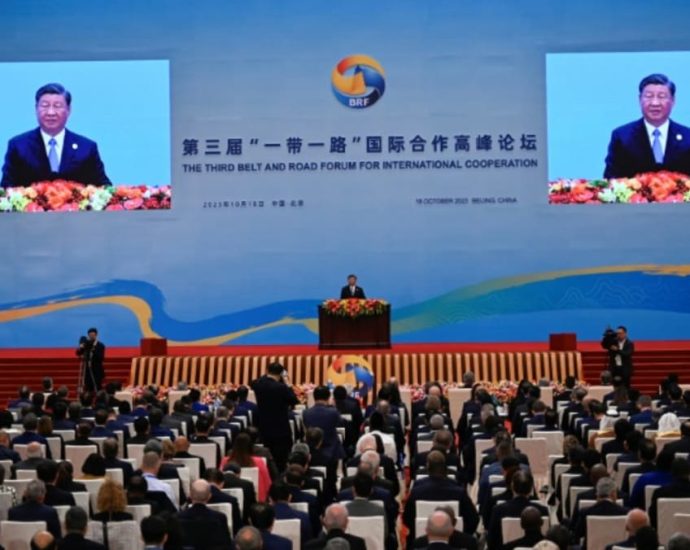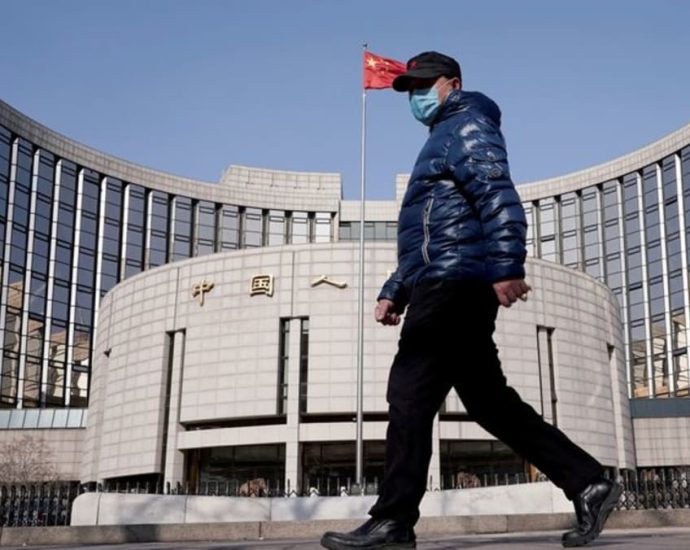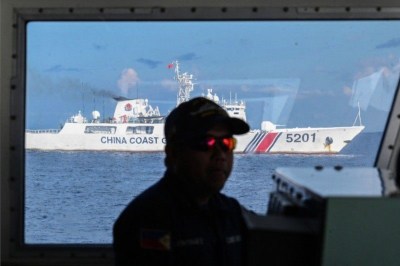Passenger injured after double-decker bus crashes into tree branches in Bishan
SINGAPORE: A 54-year-old male bus passenger was injured after a double-decker bus ploughed through overhanging tree branches along Bishan Street 22 on Wednesday (Nov 22) evening. The service 88 bus was travelling along Bishan Street 22 when it collided with a tree bough, causing damage to the bus, especially onContinue Reading

